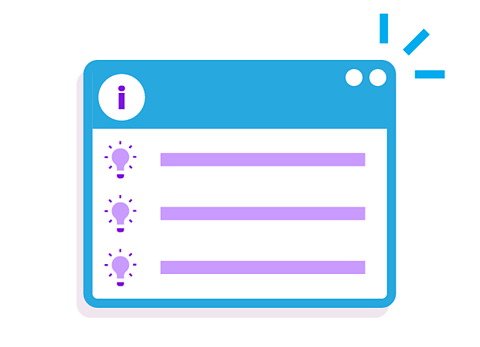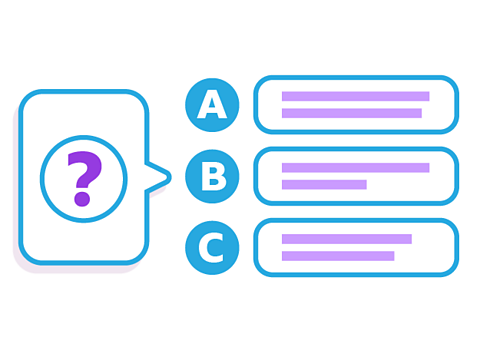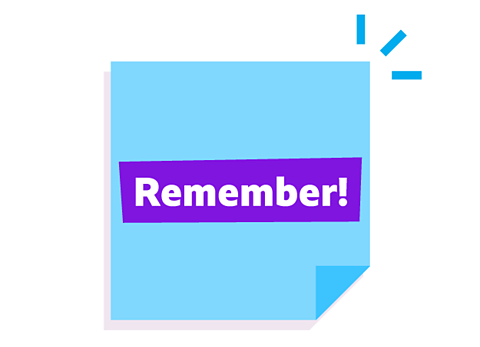Key points about articles in Spanish

- articleA word that goes before a noun, meaning a, an, the or some. It changes according to whether the noun is masculine, feminine, singular or plural. in English are the words the, a, an and some.
- In Spanish, articles depend on the gender of the nounThe name of a thing such as an object, a place or a person. Nouns are often described as naming words. that follows.
- The definite articleGoes before a noun and means the. In Spanish the definite article changes according to whether the noun is masculine, feminine, singular or plural. in Spanish are el, la, los and las.
- The indefinite articleA, an or some. They change depending on whether the noun it goes with is masculine, feminine, singular or plural. in Spanish are un, una, unos and unas.
Video - How to use articles in Spanish
Watch the video to find out about how to use articles in Spanish.
The ending of a noun changes when you make it plural
If thereās more than one of something then you need to make the noun plural.
If a noun ends in a vowel, like el coche you can just add an s to make it plural, los coches.
If it ends in a consonant, as in el rey you add es, los reyes.
But if that consonant is a z, like el pez you drop the z and add ces, los peces.
And in Spanish the words for a, the indefinite article and the, the definite article also depend on whether the noun it goes with is masculine or feminine.
So, a boy, un niƱo and a girl, una niƱa.
And the boy, el niƱo and the girl, la niƱa.
The article in Spanish also changes when the noun is plural.
So, one eye, un ojo. The eye, el ojo. Some eyes, unos ojos. The eyes, los ojos.
And a nose, una nariz. The nose, la nariz. Some noses, unas narices. The noses, las narices.
Wait! Don't go! There's one last thing!
If we want to say, to the, a el in Spanish and it's followed by a singular masculine noun, you contract it.
So, instead of saying vamos a el parque, you'd say vamos al parque. We're going to the park.
And the same goes for de el, of the, it becomes del.
Somos los campeones del mundo. We're the champions of the world. We're certainly the campeones of Spanish nouns and articles after all that!
Definite articles
The definite article in English is the word the. In Spanish, the word for the changes depending on whether the noun it goes in front of is masculineIn Spanish, all nouns have a gender, either masculine or feminine., feminineIn Spanish, all nouns have a gender and are either masculine or feminine., singularRefers to only one object or person. or pluralMore than one of an item..
In Spanish there are four definite articles:
| el | masculine singular |
| la | feminine singular |
| los | masculine singular |
| las | feminine plural |
Sorry, something went wrongCheck your connection, refresh the page and try again. - the cat
Sorry, something went wrongCheck your connection, refresh the page and try again. - the house
Sorry, something went wrongCheck your connection, refresh the page and try again. - the cats
Sorry, something went wrongCheck your connection, refresh the page and try again. - the houses
Definite articles - Mini quiz

What is the plural of el perro?
los perros
perro, ādogā is masculine so use the masculine plural article, los.
What is the plural of la tortuga?
las tortugas
tortuga, ātortoiseā is feminine so use the feminine plural article, los.
Exceptions
For some feminine singular nouns that begin withāÆaāÆo°łāÆha, the masculine elāÆis used instead of the feminine la to help with pronunciation.
For example:
Sorry, something went wrongCheck your connection, refresh the page and try again. - water
Sorry, something went wrongCheck your connection, refresh the page and try again. - hunger

Remember
Not all feminine nouns beginning with a or ha use el as a definite article so it is better to learn the article along with the noun.
Indefinite articles
The indefinite article in English is the word for a, an or some. The indefinite article changes in Spanish depending on whether the noun it goes in front of is masculine, feminine, singular or plural.
In Spanish, there are four indefinite articles:
| un | a | masculine singular |
| una | a | feminine singular |
| unos | some | masculine plural |
| unas | some | feminine plural |
For example:
Sorry, something went wrongCheck your connection, refresh the page and try again. - a boy
Sorry, something went wrongCheck your connection, refresh the page and try again. - a magazine
Sorry, something went wrongCheck your connection, refresh the page and try again. - some books
Sorry, something went wrongCheck your connection, refresh the page and try again. - some pizzas
Quiz - Using articles in Spanish
Practise what you've learned about articles in Spanish with this quiz.
Now that you've learned about articles in Spanish why not explore subject pronouns?
More on Gender, nouns and articles
Find out more by working through a topic
- count4 of 4

- count1 of 4

- count2 of 4
